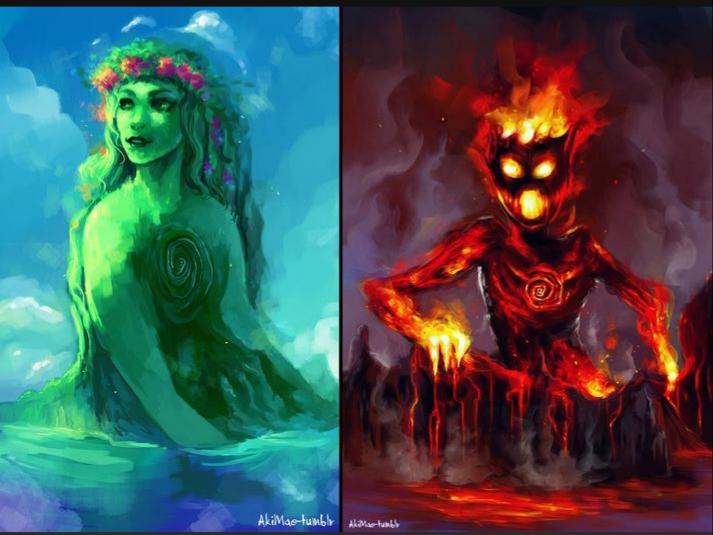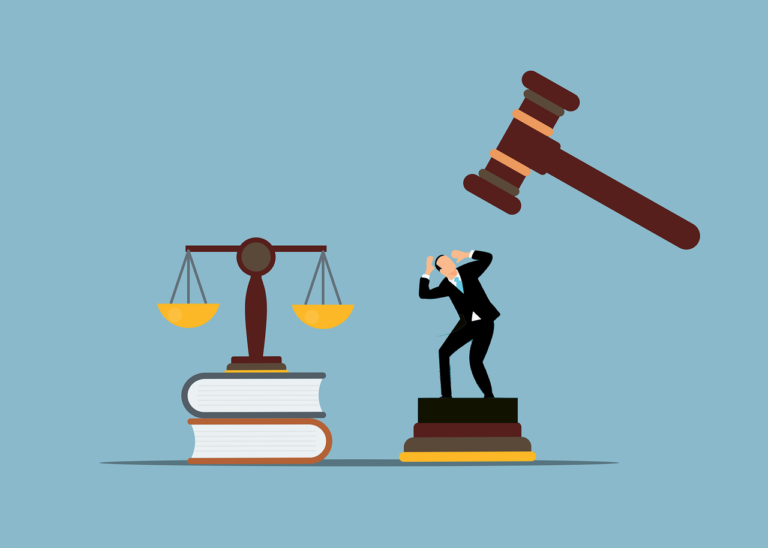Becoming Te Kā

How unhealed pain changes a person
Unhealed wounds transform us. Te Fiti became Te Kā; angry, destructive, and unable to recognize herself. This iconic transformation from Disney’s Moana captures a universal truth: pain left unresolved doesn’t simply fade; it morphs and reshapes us in ways we might not realize. Like Te Kā, we may lash out at those around us or adopt a hardened exterior in an attempt to shield ourselves from further hurt. But these reactions can isolate us from the warmth, love, and inner peace that once defined us. Healing requires confronting pain head-on, which is often uncomfortable but ultimately liberating.
In life, unprocessed pain can turn a warm, loving person into someone bitter, defensive, or emotionally distant. Unprocessed emotional trauma acts like a slow poison, transforming personality traits and altering behavior. That warmth and openness can give way to suspicion, anger, or emotional detachment as the mind works to self-preserve. It’s not uncommon to see someone once full of joy struggle with trust or connection, unable to express vulnerability due to fear of being hurt again. Recognizing these changes is the first step in untangling the web of unhealed pain.
Case Study: John was cheated on in his marriage. Instead of healing, he carried resentment into his next relationship, becoming overly controlling.
This story of John illustrates how unprocessed pain can manifest in harmful ways, not just for the person hurting but also for those around them. John’s fear of betrayal consumed him, leading to behaviors that mirrored his own unresolved trauma. By becoming overly controlling, he inadvertently placed his new partner in a stifling environment—a reflection of his insecurity rather than her actions. Healing from such experiences often involves professional support or self-reflection to unpack the underlying fears and rebuild trust.
Questions for self-reflection
Have you noticed changes in yourself due to past hurts?
Self-awareness is key. Consider whether certain behaviors or thought patterns you’ve developed might stem from unresolved pain.
For example, do you find yourself being overly critical or guarded in relationships? These changes are often subtle but can accumulate over time, impacting your emotional well-being.
Are you reacting to pain rather than healing from it?
Reflect on your triggers. Do they provoke reactions driven by past experiences, rather than the present moment? Reacting to pain often feels instinctive, but true healing requires understanding and addressing the root cause of those emotions.
Healing is not linear, and it takes courage to face inner wounds. What steps do you think you can take to ensure your pain doesn’t define you?







